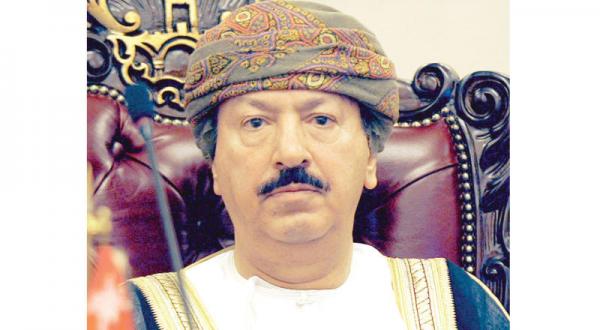Riyadh- Hamood bin Sangour Al-Zadjali Director of the Central Bank of Oman made a statement saying that a common Gulf currency has become indisputable and it is only a matter of time before its realization.
Oman is not one of the countries pushing for a common currency, yet serious measures are being studied to achieve this initiative, Mr. Al-Zadjali told Asharq Al-Awsat.
In his statement Mr. Zadjali clarified that Oman’s central bank will not prohibit local banks willing to expand into Saudi Arabia or other GCC members from opening up new regional branches. Gulf countries in general do not require international bonds, global trade trusts Gulf’s strong economy, hence gulf bonds are sufficient for any economic move, said Mr. Al-Zadjali.
“Gulf countries enjoy an excellent financial reputation, national debt of Gulf countries remains at its lowest rate compared to other countries—Gulf countries have a distinguished ability to carry forward its financial commitments, and keeping a clear record,” said Mr. Al-Zadjali.
The senior bank official also cited the great asset capacity held by Gulf countries, especially the oil reservoir. Assets continue to draw in foreign investment in Gulf bonds and property, particularly at the low international interest rates.
Mr. Al-Zadjali highlighted that some international interest rates follow a negative interest rate policy which gives a notable advantage for Gulf bonds and investment opportunities.
Gulf countries have long been natural attractions for foreign investment whether through bonds subscription or direct investment; vice versa Gulf countries tend to invest in economically beneficial projects.
Any common currency to be announced is expected to be pegged either to the dollar or a basket of currencies because the volume of trade of the Gulf states with the countries of the European Union is much larger than that of their commerce with the United States. .Gulf exports of oil to the European Union are estimated to constitute about 70 per cent of European imports .
